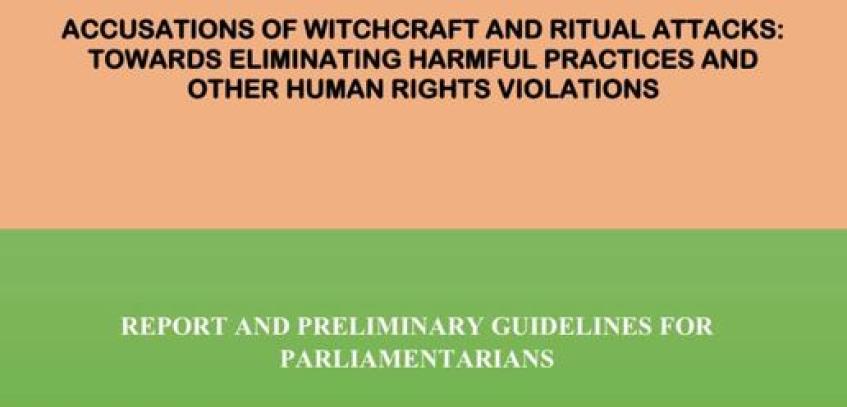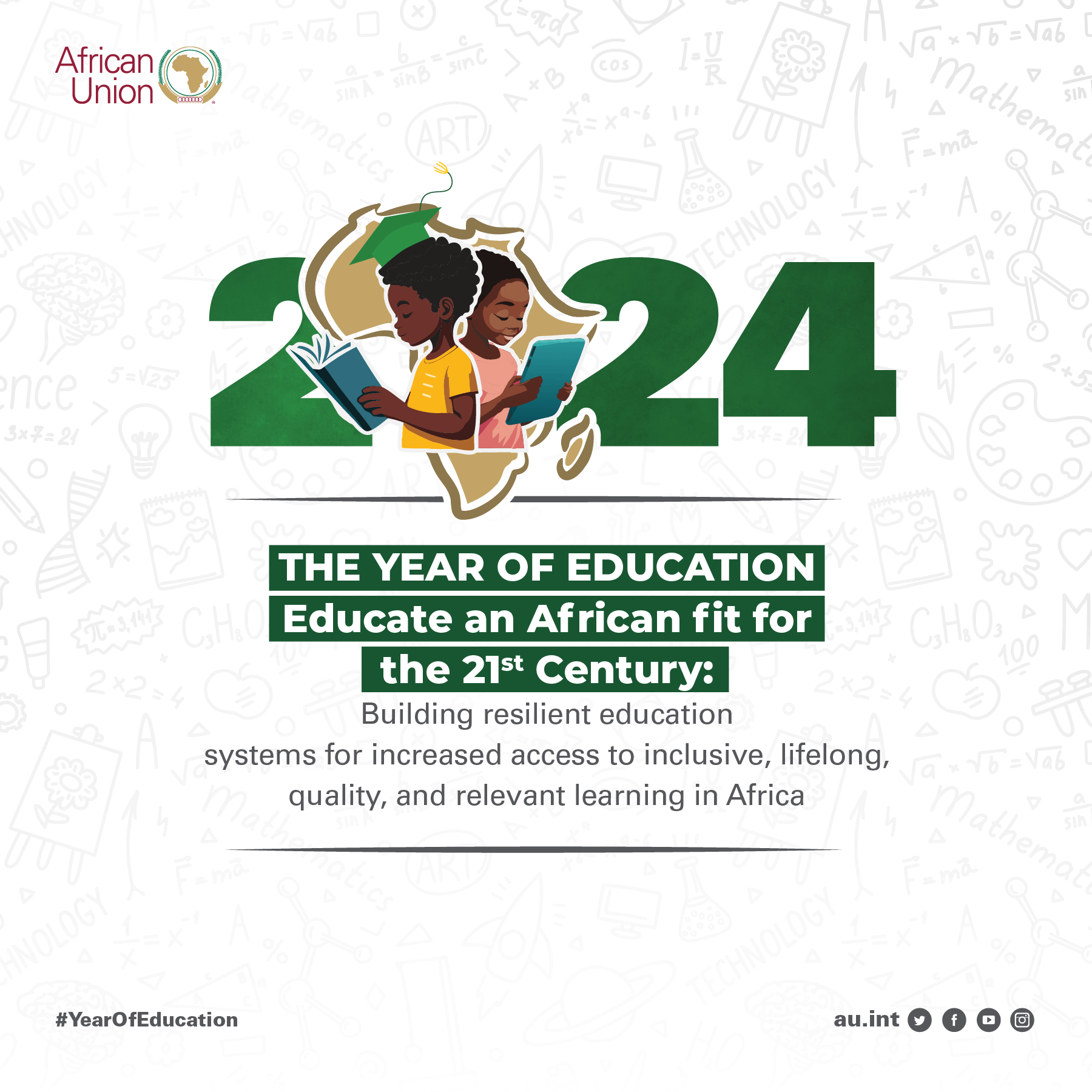The Joint virtual meeting of the Pan-African Parliament (PAP) Permanent Committee on Justice and Human Rights and Committee on Rules, Privileges and Discipline, has examined and validated the Preliminary Report and Guidelines onending harmful practices related to manifestation of beliefs in witchcraft. The guidelines are slated for presentation to the next Plenary of the PAP for consideration and adoption.
Titled ‘Accusations of Witchcraft and Ritual Attacks: Towards Eliminating Harmful Practices and other Human Rights Violations’, the Preliminary Report and Guidelines provide a practical instrument for Parliamentarians across the continent to bring attention to these harmful practices in view of accelerating their elimination.
These were also developed for the purposes of designing strategies to counter harmful practices related to accusations of witchcraft and ritual attacks (HPAWR). The Report and Guidelines were initiated by the PAP in collaboration with the UN Independent Expert on the Enjoyment of Rights by persons with albinism (UNIE) and the Centre for Human Rights at the University of Pretoria.
Hon. Meryem Ou-Hssata , Rapporteur of the Committee on Justice said that the PAP is mandated to make recommendations and to promote programmes and objectives of the African Union (AU), for the harmonization and coordination of laws and policies across Africa. Human rights issues, including HPAWR, fall squarely within this mandate. She stressed that Parliamentarians can play a significant role in the elimination of HPAWR across Africa through the adoption and implementation of relevant laws and policies.
“Parliamentarians, as the promoters of democracy and human rights and as representatives of the people, have a duty to hold their governments accountable, enact legislation and motivate community-based initiatives to supplement legislation to eradicate HPAWR for good. The Preliminary Report and Guidelines encourage AU member states to ratify and domesticate regional human rights treaties that support the continued HPAWR eradication effort. The next step will be the presentation of these guidelines to our Plenary in May to ensure adoption via a Resolution, “said Hon. Ou-Hssata.
According to Hon. Ou-Hssata, a Resolution on the Draft Report and Guidelines by the PAP will set the stage for the advancement of the discourse on witchcraft, generally and in relation to harmful practices, to increase understanding of the matter and to ultimately ensure the full realization of human rights by all victims, including persons with albinism.
The two-day meeting was briefed by experts on the process, methodology, the human rights approach, scope and structure of the draft preliminary report and guidelines as well as the main components of the Draft Preliminary Report and Guidelines.
Ms. Ikponwosa Ero (UNIE) told Parliamentarians that the Report and Guidelines were commissioned in the context of a response to the attacks against persons with albinism, and other violations of their rights. However, in the research process, a broader approach was taken to include other groups that are also frequent targets of HPAWR including children, women, elderly persons, and persons with disability.
“HPAWR have the most severe impact on children, women, older persons, persons with disabilities, and particularly persons with albinism.The Report and Guidelines examine issues around HPAWR using the lens of human rights, taking into account and addressing concerns related to competing rights of groups and individuals,” said Mrs. Ero.
Mr. Michael Gyan Nyarko (Centre for Human Rights) added that the Report and Guidelines set out the gaps in tackling HPAWR in most countries. They expoud on how the lack of adequate laws, poor oversight of traditional and faith healers, insufficient public education, awareness raising, social protection and rehabilitation programs, as well as other barriers to accessing justice lead to the inadequate protection of individuals and groups from such attacks.
On 17 May 2019, the PAP adopted a resolution in which it assumed the responsibility for issuing the proposed guidelines. In addition to persons with albinism, all other vulnerable groups such as the elderly, children, women and persons with disabilities have been consulted in developing the Draft Report and Preliminary Guidelines.








